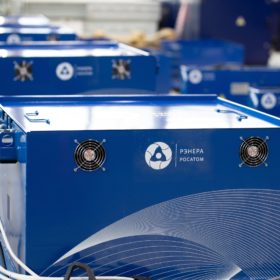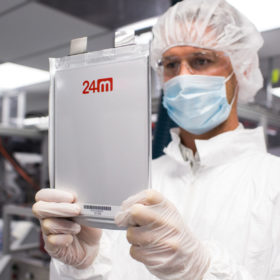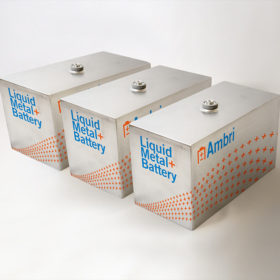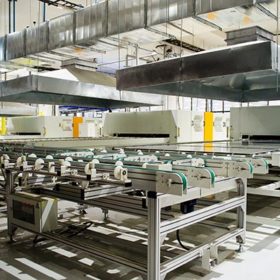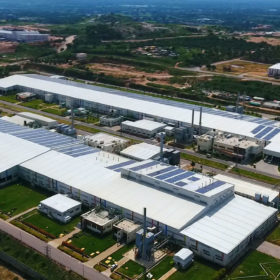Modison Metals to expand into battery storage, EV charging in partnership with Russian firms
The electrical contacts manufacturer will join hands with battery storage firm RENERA and EV charger manufacturer L-Charge for its business expansion into these segments.
Tender launched for 50 GWh battery cell output with subsidy support
Global bids are invited to set up giga-scale advanced-chemistry battery cell manufacturing units in India under the government’s production-linked incentive scheme. To be eligible for the government subsidy, the bidder would have to commit to setting up a minimum of 5 GWh capacity. Bidding is open until December 31.
Co-located hubs key to battery industry competitiveness
A report from Australia’s Future Battery Industries Cooperative Research Centre which analysed the development of battery hubs in the U.S., Germany and Japan, has found that co-location and cooperation between industry and government were key to their success. For Australia to play the same game, it will have to leverage its wealth of resources, and clean up its act along the way.
India and Australia’s richest race to net-zero by 2030
Today, both Reliance and Fortescue are realizing the huge investment, employment, import replacement and export opportunities in zero emissions industries of the future, both for India and Australia. And they look to be leading the way, fully supported by global financial institutions increasingly seeking to deploy trillions of patient capital in low volatility, non-commodity price exposed zero-emissions energy sources of the future.
LUCAS TVS plans 10 GWh lithium-ion battery fab in Tamil Nadu
The Indian auto-components manufacturer will set up a semisolid lithium-ion cell manufacturing facility in Chennai under a technology licensing agreement with American startup 24M. The first phase of the planned 10 GWh fab would start production in the second half of 2023.
Reliance New Energy Solar to invest in US-based liquid metal battery firm
The clean energy arm of Reliance Industries Limited will invest US$ 50 million in MIT-incubated Ambri. As part of the transaction the two companies will also partner to develop and manufacture liquid metal batteries in India.
The long read: What research is needed for the effective recycling of batteries?
With manufacturing ramping up year by year and policies already looking to get ahead of the large volumes of end-of-life products, the landscape for lithium-ion battery recycling is rapidly changing. pv magazine recently spoke with Mari Lundström, associate professor of chemical and metallurgical engineering at Aalto University, to find out what is needed on the research side for the effective recycling of batteries.
CEO survey shows renewable energy industry in upbeat mood
A survey conducted among top executives in the renewable energy industry elicited positive feedback on most fronts, including government policies, demand for renewable power as well as land.
PLI Scheme will help India emerge as clean-tech factory of the world
The Production-Linked Incentive (PLI) scheme in batteries and solar will help India graduate from a passive recipient to an active driver in the global clean-tech story.
Amara Raja Batteries to reposition itself as an energy and mobility player
The Indian lead-acid battery major would form a new strategic business unit for lithium cells and battery packs, electric vehicle (EV) chargers, energy storage systems, and other related products and services as it looks to reposition itself as an energy and mobility player.
